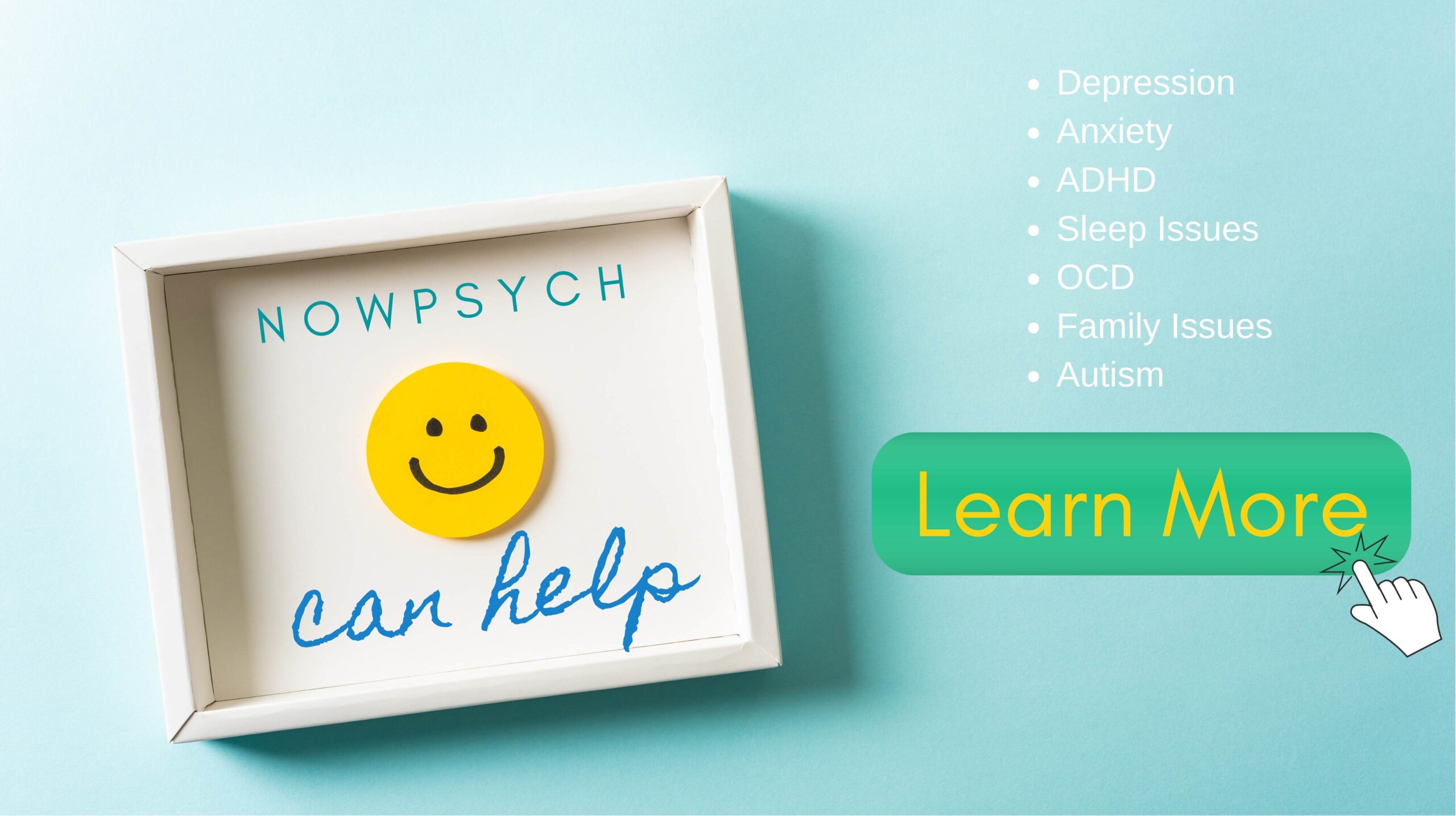Anxiety has Physical Symptoms
Some level of anxiety affects more than 40 million adults in the United States. It is also one of the most common mental illnesses in the US and manifests itself in the form of various symptoms, including physical symptoms of anxiety.
While it is often believed that anxiety affects you mentally, the truth is that it can also impact you physically. In this article, we will explore the varied physical symptoms of anxiety.
Symptoms of Anxiety
People suffering from anxiety show a range of psychological and physical symptoms of anxiety including:
- Panic attacks
- Nervousness
- Dizziness
- Weakness
- Nausea
- Problems sleeping
- Faster heart rate
- Difficulty breathing
- Chest pain
- Feeling too hot or too cold
- Sweating
- Fatigue
- Tremors
- Pain
- Headaches
- Abdominal Pain
- Diarrhea
- Constipation
- Loss of Appetite
- Overeating
In addition to these symptoms, long-term anxiety also impacts your body significantly and leads to the development of chronic physical conditions.
Other ways Physical Symptoms of Anxiety Affect the Body
According to medical experts, anxiety develops in the amygdala. It is an area of the brain that handles the emotional responses of your body.
However, when you become too much stressed, frightened, and anxious, your brain sends signals to other parts of the body, triggering a fight or flight response.
As a result, anxiety affects your body in a range of ways, for example:
Urinary Response
You might feel an urgent urge to urinate, especially if you have phobias. The need to urinate may arise from evolutionary reasons, as it is much easier to flee when you have an empty urinary bladder.
Disturbed Immune Function
Long-term anxiety and stress can have an adverse effect on your immune system. This is the reason that people with chronic anxiety disorders often end up having more health issues such as common colds, and flu when compared to others.
Breathing And Respiratory Changes
This is one of the most common physical symptoms of anxiety. As one feels anxious, they start breathing too rapidly, also known as hyperventilation.
This process makes the lungs take in more oxygen and let them transport to other body parts quickly. This is your body’s way to prepare to fight or flee.
Cardiovascular System Response
You must have noticed that your heart starts beating faster when you are anxious. This is another fight or flight response issued by your body, in an attempt to pump more blood to provide the needed oxygen and nutrients to the muscles.
As it goes, prolonged anxiety could prove to be detrimental to your heart health. Studies indicate that anxiety also makes you prone to suffering from heart diseases.
The Wrap Up
As you can see, anxiety can lead to the development of various physical symptoms and even long-term health problems. It is highly recommended to practice mindfulness, meditation, and yoga to keep yourself relaxed, and worry-free as much as possible. Also, medication is commonly used to treat anxiety disorders along with psychotherapy.
Dr. Sean Paul, MD is a child and adult psychiatrist who does both in-person and online psychiatry.






